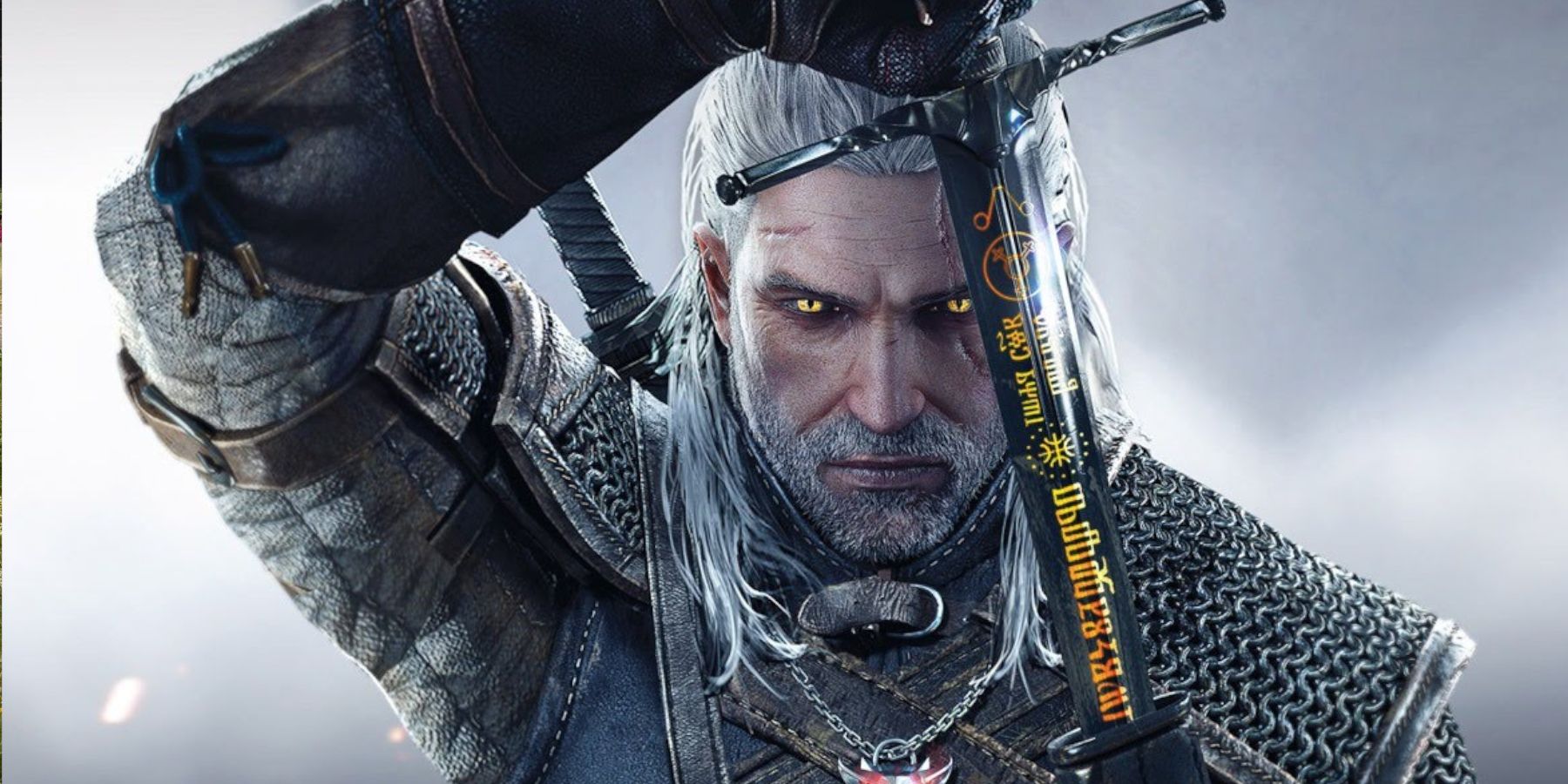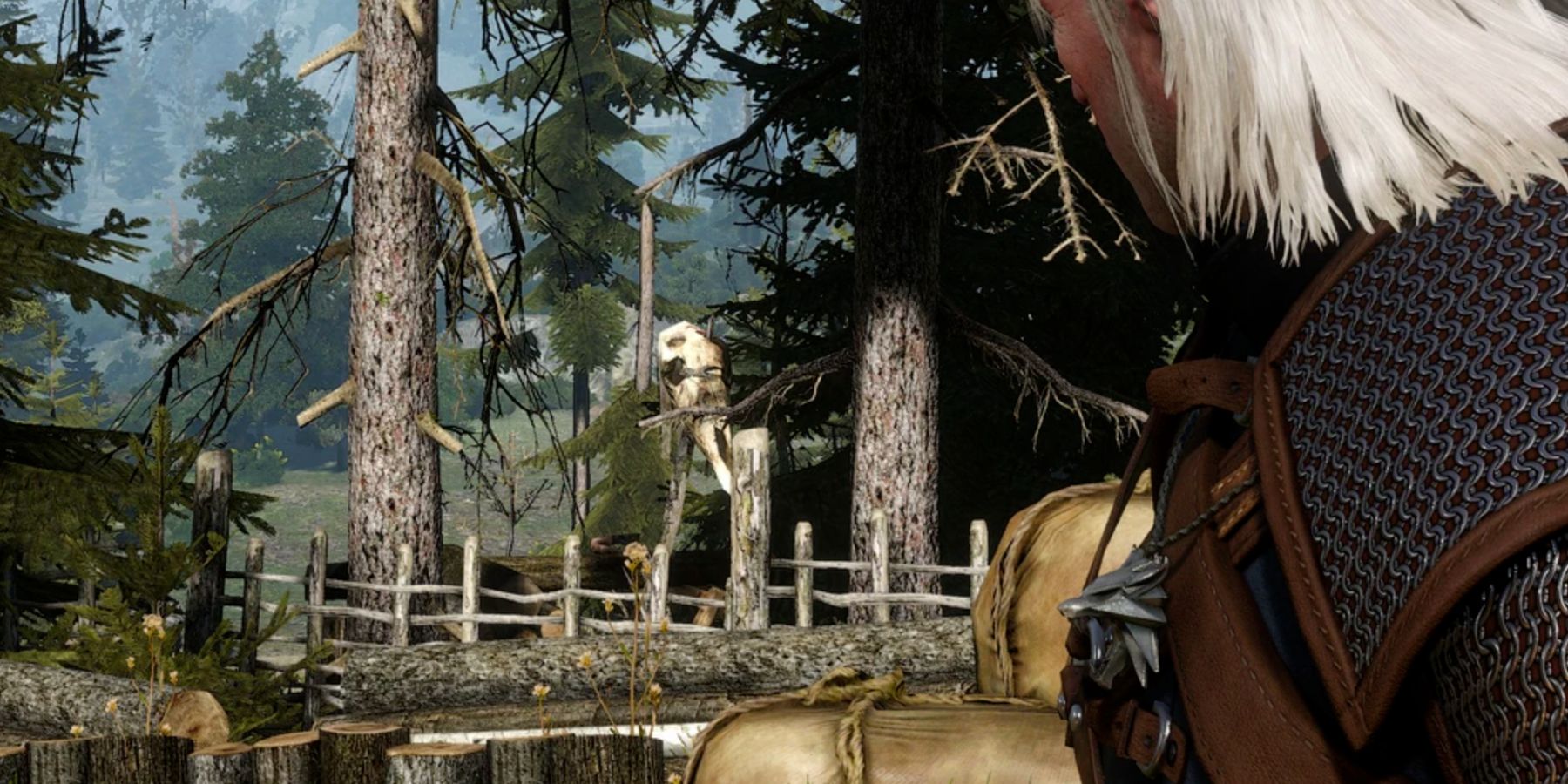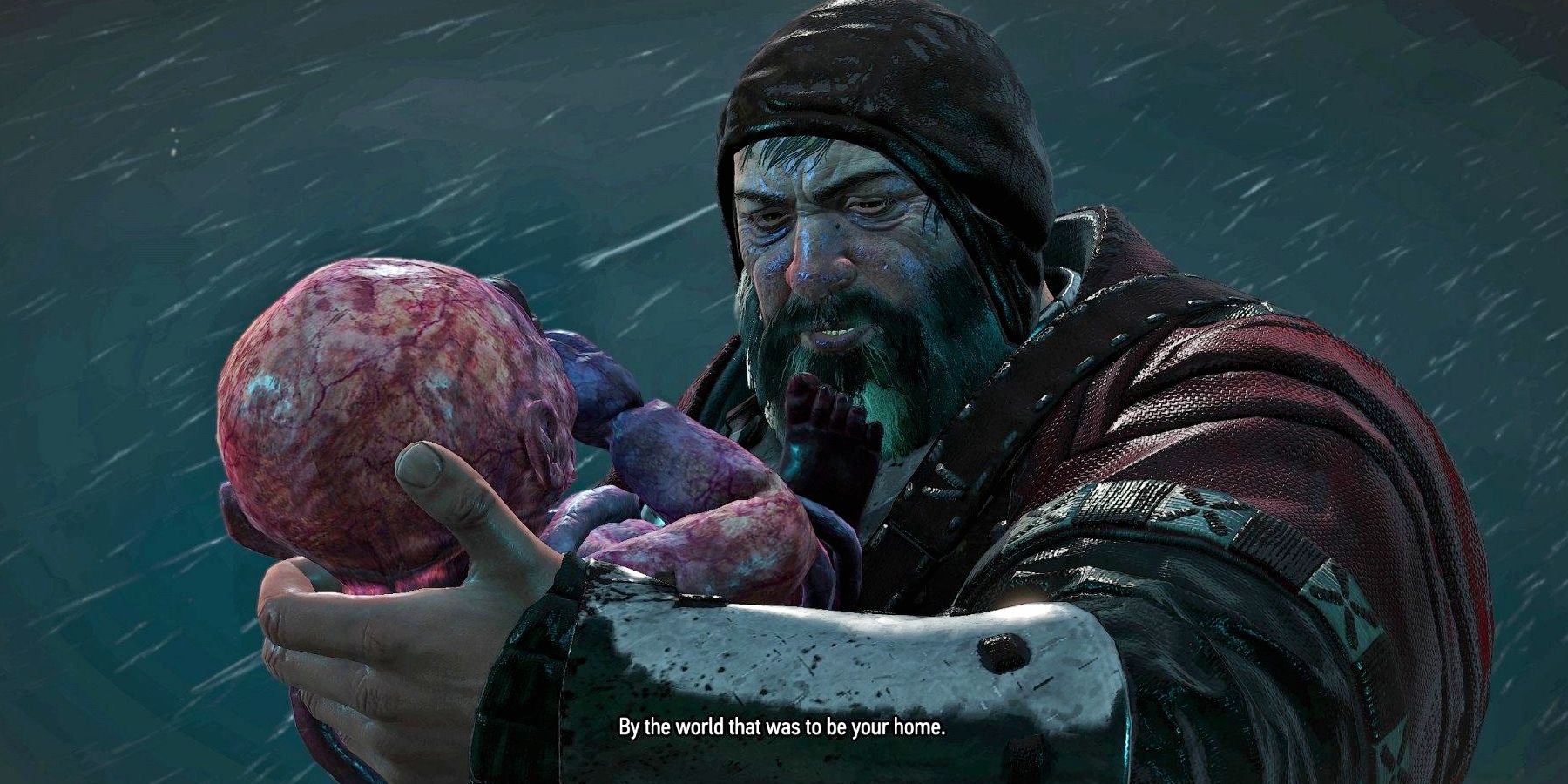The Witcher is known for its complex scenarios posed to Geralt, and this isn't more obvious than when he comes up against curses. Time and time again, the curses that need to be solved prove to be more complicated than they appear, and serve to dredge up scandals, old family secrets, and truths about the lives of the people involved in them; it's because of this that they often prove to be the most interesting quests and plotlines found across The Witcher.
An example of one of the most prominent curses in The Witcher is the Curse of the Black Sun, which affect girls who were born during a solar eclipse, many of who were treated as if they were cursed and brought bad luck to their families. Geralt encounters many of these women during the series, many of whom have led tragic lives, some through the way they were treated by their own families, but nearly all of them inevitably by their own hand. It brings up questions of inherent evil versus being shaped by your surroundings, as all the women who committed wrongdoings were rejected by their families and hated by society for a superstition, such as Syanna in The Witcher 3: Blood and Wine, and Renfri, yet their actions were used as proof of the curse's effects.
The Nithing Curse on Skellige
Another example of a curse that's smaller in scale but nonetheless just as devastating in its effect on Geralt is The Nithing, a quest that features a family affected by a curse from a Nithing pole. Nithings are horse skulls mounted on wooden poles used to curse people.
The name of the person to be cursed is written into the pole, and the horse's head is pointed in the direction of where the victim lives. The Nithing Geralt encounters is directed at the child of Lothar, a man in The Witcher's Skellige, who is convinced his son will die within the month from the Nithing curse.
Upon investigation, Geralt discovers that the person responsible for the curse is Jonna, Lothar's ex-lover, who is bitter that he left her after a ten-year relationship for another woman. She aimed the Nithing at Lothar's son in revenge for Lothar leaving her, and says she will only remove the Nithing if Lothar leaves his family and returns to her. When Geralt tells Lothar her demands, Lothar tells Geralt his wife and child will fall into poverty and disgrace if he leaves them, leaving Geralt in a moral conundrum.
The Impact of Curses in The Witcher
The choice presented to the player has two options: redirect the curse onto Jonna, the caster, or convince Lothar to leave his family and return to Jonna, who then promises to lift the curse. Redirecting the curse means Jonna will die, but it will spare Lothar's son's life, and keep the family together.
Lothar returning to Jonna means no one will die, but Lothar and his family will be torn apart, while his wife and child will become outcasts in their village. It's the classic conundrum in The Witcher of the lesser evil. If Geralt chooses to redirect the curse and kill Jonna, he angrily refuses Lothar's offer of joining him and his family for dinner.
Because curses in The Witcher are always so messy and ambiguous in their solutions, they give insight into the player character's personality, morals and values, and the people that inhabit the world of the story. Since they're such great storytelling tools and are often parts of the series that's received well, The Witcher 4 needs to bring in more of them from European culture, which has always been one of the strengths of the series.
The Witcher 4 is in development.






